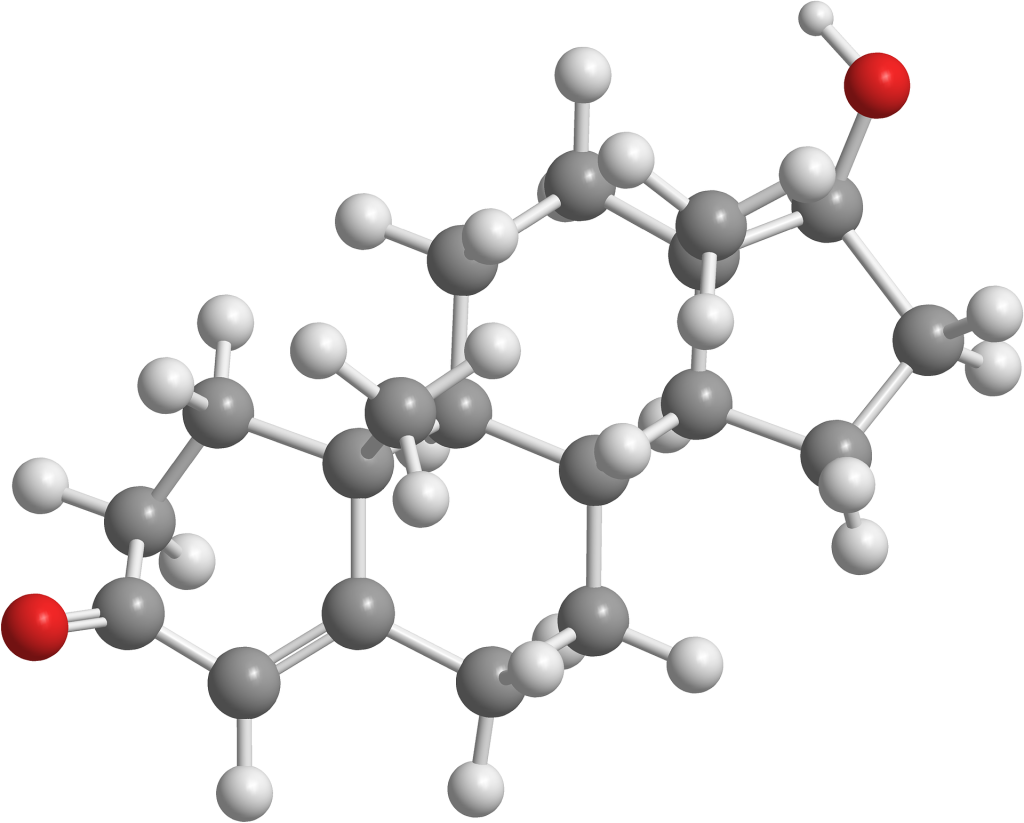What is the Function of Hormones? The function of hormones is many. Hormones are chemical messengers that regulate bodily functions....

What is the Function of Hormones? The function of hormones is many. Hormones are chemical messengers that regulate bodily functions....